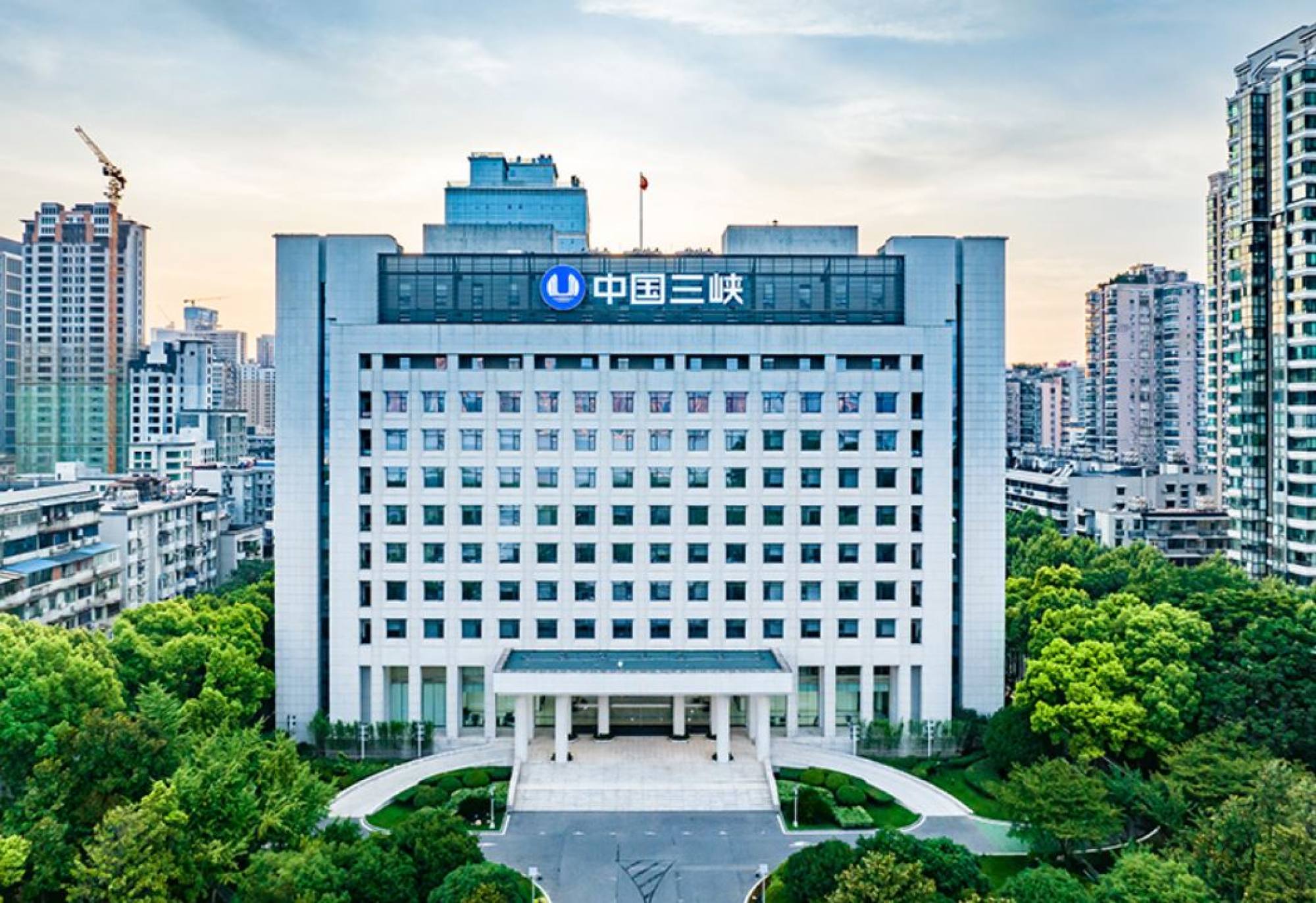
Exclusive | EU lawmakers demand answers on Chinese firms’ links to Brussels’ response to belt and road
- Parliament members ask if the companies will be excluded from the Global Gateway Business Advisory Board ‘within the context of de-risking from China’
- A list of questions is sent to the European Commission, along with a demand for a full list of businesses involved in Global Gateway
EU lawmakers have written to Brussels authorities demanding to know how Chinese state-linked companies were given roles advising the bloc’s answer to Beijing’s Belt and Road Initiative.
A cross-party group of European Parliament members sent a list of questions to the European Commission on Thursday asking whether the firms will be excluded from the Global Gateway Business Advisory Board “within the context of de-risking from China”, according to correspondence that was shared with the Post.
They asked whether the commission “did not even undertake a basic verification or check of its board members, and how will it mitigate this shortcoming in the future”, and demanded a full list of businesses involved in Global Gateway.

In October, the Post revealed that Energias de Portugal SA (EDP) was among the companies that will advise the commission on “implementation of the Global Gateway strategy and scaling up of Global Gateway flagship”, even though its largest shareholder, China Three Gorges (CTG), is a Chinese state-owned enterprise.
As EDP’s biggest shareholder, CTG – which is supervised by the Chinese government’s State Assets Supervision and Administration Commission (SASAC) – owns its largest voting rights.
SASAC “is an institution that is responsible for carrying out the obligations assigned by the Chinese Communist Party’s Central Committee”, according to Datenna, a Dutch intelligence firm. A second member company, the French satellite company Eutelsat, also retains Chinese investment.
China needs to take EU more seriously, bloc’s foreign policy chief says
Dutch centrist Renew MEP Bart Groothuis, who was involved in the parliament’s request, said the European Court of Auditors should “look into” the inclusion of EDP on the list.
“It’s sheer negligence from the commission that idly doesn’t even assess how taxpayers’ money is spent. We want to see immediate improvements,” said Groothuis, who was previously the Netherlands’ top cybersecurity official.
The questioning was co-signed by Green lawmakers Reinhard Buetikofer and Viola von Cramon-Taubadel; Raphael Glucksmann of the Socialists and Democrats; Renews’ Hilde Vautmans; Sandra Kalniete, the former Latvian foreign minister, and Miriam Lexmann of the centre-right European People’s Party.
EU representatives have said they were trying to find out how EDP in particular ended up on the list.
“I believe it’s a matter of public knowledge, since EDP is a listed company, what its shareholding is. I cannot comment on what basis the DG INTPA used when it selected this company for the advisory board, that is something that we are looking into,” European Commission spokesman Eric Mamer said two weeks ago, using an acronym for the EU’s department of international partnerships, which runs Global Gateway.
When contacted again on Thursday, the spokespeople said there was “no update” on the case, but that they were still looking into it.
EDP was in the news again this week when it was named as one of three Portuguese firms involved in a corruption scandal that led to the resignation of Prime Minister Antonio Costa on Tuesday.
Costa resigned after searches of two ministries and own residence, which were part of an investigation into contracts awarded to exploit lithium reserves and carry out green hydrogen projects in the country.
Portugal Prime Minister Antonio Costa resigns amid corruption scandal
Portuguese and Spanish press said favourable treatment was handed to EDP, Galp and Redes Energéticas Nacionais (REN) in connection to a green hydrogen project in the industrial hub around the port of Sines.
Like EDP, REN’s largest shareholder is also a Chinese entity ultimately reporting into SASAC. The State Grid Corporation of China owns 25 per cent of REN, Portugal’s national power grid operator.
Asked on Wednesday about EDP’s role, European Commission President Ursula von der Leyen said: “We follow the news from Portugal, and it is now up to the national authorities to investigate.”
Lawmaker Groothuis said the Costa affair showed that the European Court of Auditors should be investigating how EDP got involved in Global Gateway.

